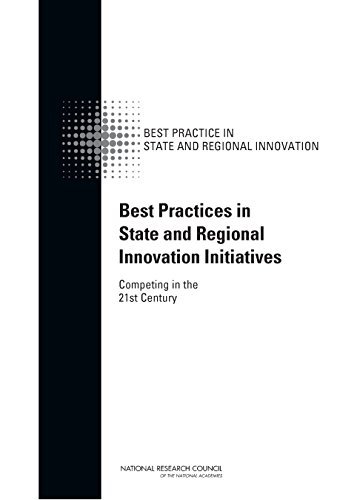What do you think?
Rate this book


Most of the policy discussion about stimulating innovation has focused on the federal level. This study focuses on the significant activity at the state level, with the goal of improving the public's understanding of key policy strategies and exemplary practices. Based on a series of workshops and conferences that brought together policymakers along with leaders of industry and academia in a select number of states, the study highlights a rich variety of policy initiatives underway at the state and regional level to foster knowledge based growth and employment. Perhaps what distinguishes this effort at the state level is most of all the high degree of pragmatism. Operating out of necessity, innovation policies at the state level often involve taking advantage of existing resources and recombining them in new ways, forging innovative partnerships among universities, industry and government organizations, growing the skill base, and investing in the infrastructure to develop new technologies and new industries. Many of these initiatives are being guided by leaders from the private sector and universities.
The objective of Best Practices in State and Regional Innovation Initiatives: Competing in the 21st Century is not to do an empirical review of the inputs and outputs of various state programs. Nor is it to evaluate which programs are superior. Indeed, some of the notable successes, such as the Albany nanotechnology cluster, represent a leap of leadership, investment, and sustained commitment that has had remarkable results in an industry that is actively pursued by many countries. The study's goal is to illustrate the approaches taken by a variety of highly diverse states as they confront the increasing challenges of global competition for the industries and jobs of today and tomorrow.
256 pages, Kindle Edition
First published June 27, 2013